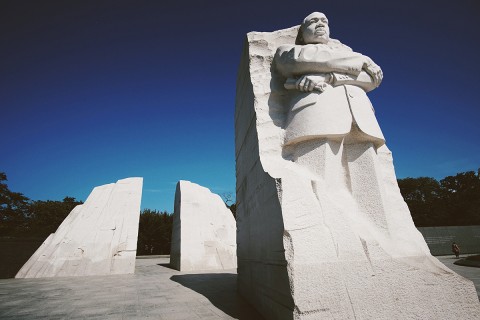Celebrating Easter on the anniversary of MLK’s death
The first Easter was a wrecked scene of dispirited disciples in the shadows of an insurrection.

This year Easter falls on April 4, the anniversary of the death of Martin Luther King Jr. That early spring evening in 1968 was ten days before the Feast of the Resurrection. In 2021, the second Easter of the coronavirus pandemic, we celebrate resurrection in the shadow of insurrection.
“The act of revolting against civil authority or an established government” is one dictionary definition of that term. Other sources specify that such an act is usually if not always violent. Historians and social scientists will parse insurrection and its meaning for January 6—along with words like rebellion, riot, and coup—for years to come.
The prophet-poets of Israel were progenitors of the dissident Jesus, whose resistance to both the tyranny of imperial occupation and the corruption of the temple cult got him profiled, picked up, beaten up, and brutally killed. Many who stormed the Capitol on January 6 did so in his name. What kinds of Christian formation account for this—and for the fusion of Christian nationalism, White supremacy, and hypermasculinity into a smug and paranoid American theopolitics?





